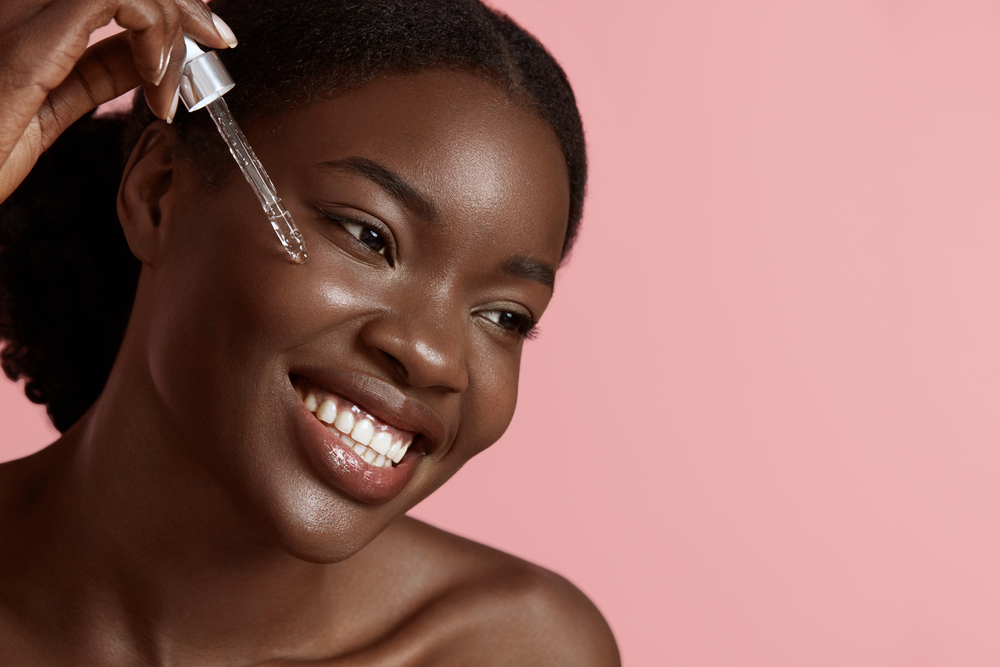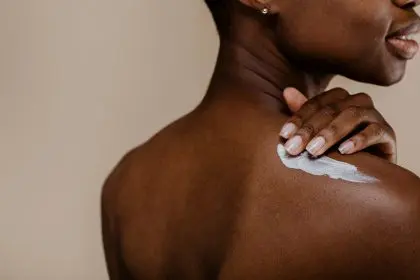The skin, our body’s largest organ, is constantly exposed to environmental stressors like pollution, UV rays, and irritants. To maintain its protective barrier, repair damage, and prevent premature aging, it requires specific nutrients. Research has highlighted the essential role that vitamins play in skin health, not just in addressing skin issues but in enhancing overall complexion, texture, and radiance.
Vitamin powerhouses for acne management
Acne remains one of the most common skin conditions, and while topical treatments are effective, proper nutrition is a key part of managing and preventing breakouts. Certain vitamins are especially beneficial in regulating sebum production, reducing inflammation, and promoting healthy skin.
Vitamin B3 (Niacin) is an essential nutrient that works wonders for acne. It regulates sebum production, the oily substance responsible for clogging pores. It also reduces inflammation, helps strengthen the skin’s natural barrier, and promotes smoother skin texture. This makes it an excellent choice for people struggling with acne-prone skin.
Vitamin B5 (Pantothenic Acid) is another vitamin that plays an important role in acne management. It supports the skin’s natural barrier, reduces excess oil production, and promotes healing of acne scars. Its anti-inflammatory properties can help reduce redness and irritation, making it ideal for those dealing with inflamed acne.
Anti-aging vitamin strategies
The visible signs of aging, including fine lines, wrinkles, and uneven skin tone, are a concern for many. Recent studies indicate that certain vitamins are integral in combating these aging signs, promoting smoother, firmer skin.
Vitamin C is a potent antioxidant that supports collagen synthesis, the structural protein responsible for skin firmness and elasticity. Collagen production naturally declines with age, but vitamin C can help reverse this decline, improving skin texture and reducing the appearance of wrinkles. Vitamin C also has brightening effects, combating the dull, tired look that often accompanies aging skin.
Vitamin E is well-known for its ability to protect the skin from free radical damage caused by UV exposure and environmental pollution. It neutralizes these harmful free radicals, which contribute to premature aging and skin damage. Vitamin E also helps retain moisture in the skin, supporting a hydrated and plump appearance. It further strengthens the skin barrier, ensuring the skin’s resilience against external irritants.
Hydration-boosting vitamins
Healthy, hydrated skin is essential for a glowing complexion. Dehydration can lead to dryness, dullness, and irritation. Luckily, there are specific vitamins that can help maintain the skin’s moisture balance.
Vitamin C plays a significant role in maintaining hydration by enhancing the skin’s barrier function. When the skin’s barrier is healthy, it is better at retaining moisture, leading to smoother and more hydrated skin. Additionally, vitamin C improves the skin’s ability to absorb other nutrients and enhances moisture retention.
Vitamin D, often known as the “sunshine vitamin,” supports the skin’s barrier and plays an important role in regulating hydration. Adequate vitamin D levels also promote healthy cell turnover, ensuring the skin remains fresh and resilient. It can also help reduce skin inflammation, which can lead to better hydration levels overall.
Sun damage prevention and repair
UV rays from the sun are the leading cause of premature skin aging and damage. They contribute to wrinkles, hyperpigmentation, and skin cancer. But vitamins, when incorporated into skincare routines, can provide much-needed protection.
Vitamin E is one of the most effective vitamins for preventing and repairing sun damage. It protects the skin from harmful UV rays, reducing inflammation and neutralizing free radicals that cause oxidative stress. Vitamin E has also been shown to protect the skin’s DNA from damage, promoting healthier skin cells in the long run.
Vitamin B3 (Niacinamide) is another powerhouse when it comes to UV protection. It aids in DNA repair, reduces the appearance of dark spots, and strengthens the skin barrier, providing better resistance to UV-induced damage. By controlling inflammation, vitamin B3 can also reduce the redness and swelling that often accompany sunburn.
Topical application strategies
While a diet rich in vitamins can support skin health from within, topical application allows for more direct, targeted benefits. Vitamins in skincare products can penetrate deeper layers of the skin, providing visible results.
Vitamin A (Retinoids) is a well-known ingredient for its ability to speed up cell turnover, which helps to reduce the appearance of wrinkles and dark spots. Retinoids boost collagen production, improve skin texture, and refine pores. By stimulating the skin’s natural renewal process, vitamin A ensures smoother, more youthful skin.
Vitamin B3 (Niacinamide), when applied topically, strengthens the skin barrier, reduces oil production, and enhances the overall texture of the skin. It can visibly minimize the size of pores, making the skin appear smoother and more even-toned. Its versatility and effectiveness make it a staple in many anti-aging and acne treatments.
Creating a comprehensive approach
To achieve optimal skin health, it’s important to combine internal and external vitamin strategies. A healthy diet, rich in vitamins, supports the skin from the inside, while topical treatments address specific concerns. Hydration, stress management, and consistent skincare routines also play crucial roles in achieving glowing, healthy skin.
Internal support: Prioritize a balanced diet, adequate supplementation, and hydration. Include foods high in antioxidants, vitamins C and E, and healthy fats to support skin health.
External care: Choose skincare products with the right vitamins, and apply them consistently. Consider professional treatments like facials or vitamin infusions for more targeted results.
Monitoring progress: Keep track of your skin’s response to the changes, adjusting your diet, routine, and products as needed for the best outcome.
By incorporating the right vitamins into both your diet and skincare routine, you can achieve visibly healthier, more youthful skin. The key is consistency and understanding how each vitamin benefits your skin’s unique needs.













